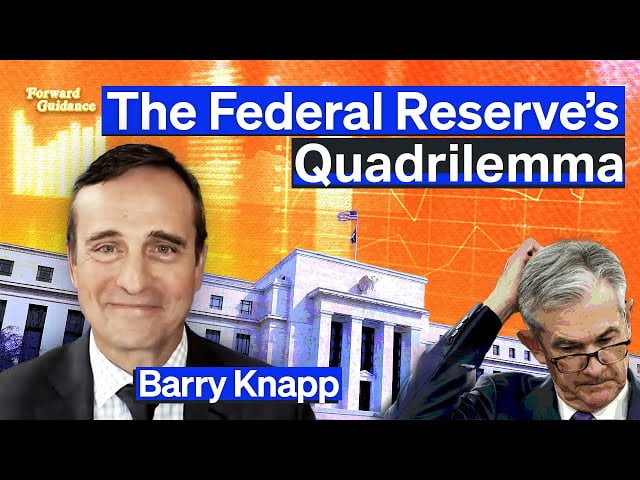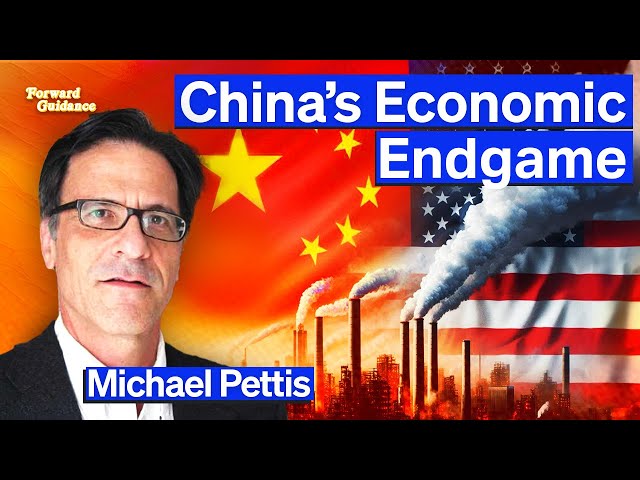Podcast Summary
In this episode, Barry Knapp, founder and CEO of Ironside Macro, discusses the current market environment, potential disruption events, and the Federal Reserve’s approach to policy tightening. He also delves into the 2008 financial crisis, the role of Fannie Mae and Freddie Mac, and the downfall of Lehman Brothers.
Key Takeaways
Market Sentiment and Potential Disruptions
- Change in Market Sentiment: Over the past two years, there has been a shift in market sentiment regarding the fear of a recession. Recent GDP print and job openings data indicate a potential growth scare in the market.
- Potential Disruption Events: Barry Knapp discusses two potential disruption events for the current market environment: the quadr Lemma thesis and another real rate shock. The quadr Lemma thesis involves the unemployment rate going above four and wage growth falling below four to painlessly disin the yield curve.
Federal Reserve’s Approach and Impact
- Risk Management Approach: The Federal Reserve’s risk management approach may require equities to go down first before starting a rate cutting cycle. This approach has caused distortions in the economy, putting pressure on small businesses and banks.
- Impact on Small Banks: The Federal Reserve’s tightening process, particularly the passive unwinding of the balance sheet and aggressive rate hikes, caused a deep yield curve inversion, posing a threat to small community banks.
2008 Financial Crisis and Role of Fannie Mae and Freddie Mac
- Role of Fannie Mae and Freddie Mac: Fannie Mae and Freddie Mac played a significant role in facilitating the growth of the subprime market during the 2008 financial crisis. The downfall of Lehman Brothers was primarily due to their exposure to commercial real estate, not subprime mortgages.
- Impact of Increased Capital Requirements: Increased capital requirements on the banking system could push return on equity (ROE) below 10% and hinder credit creation.
Sentiment Analysis
- Bearish: The podcast expresses a bearish sentiment towards the current market environment, with concerns about a potential growth scare and disruption events. The Federal Reserve’s approach to policy tightening and its impact on small businesses and banks also contribute to this sentiment.
- Neutral: The sentiment towards the 2008 financial crisis and the role of Fannie Mae and Freddie Mac is neutral. While acknowledging the complexity of the crisis and the lack of understanding of the financial system at the time, the podcast also emphasizes the importance of leverage in the investment banking industry and the potential impact of increased capital requirements.












